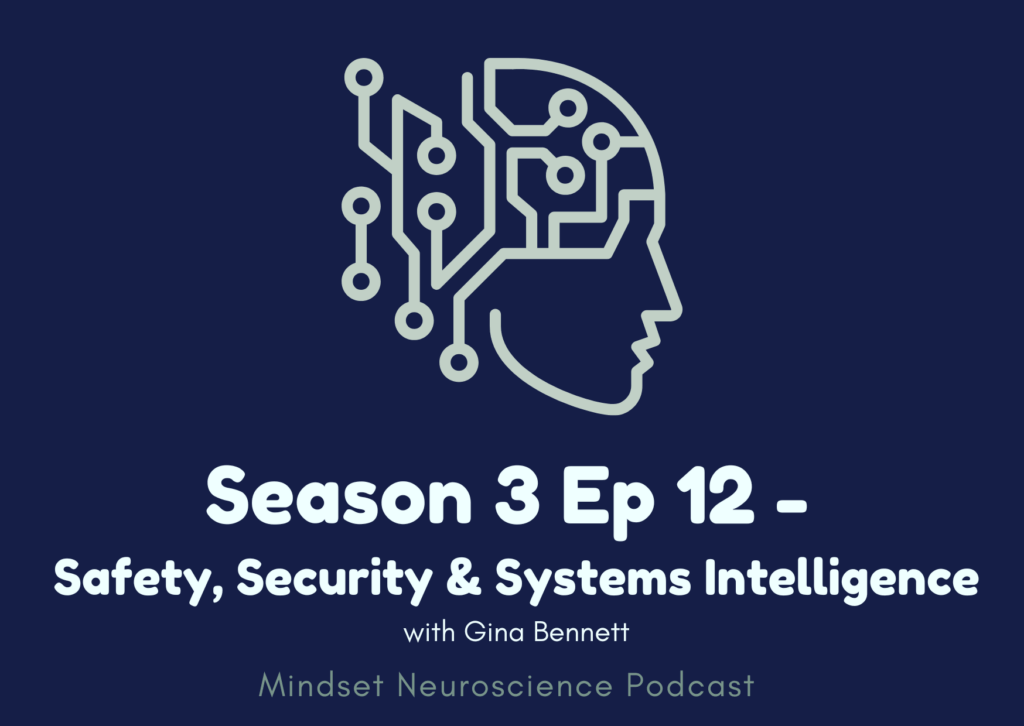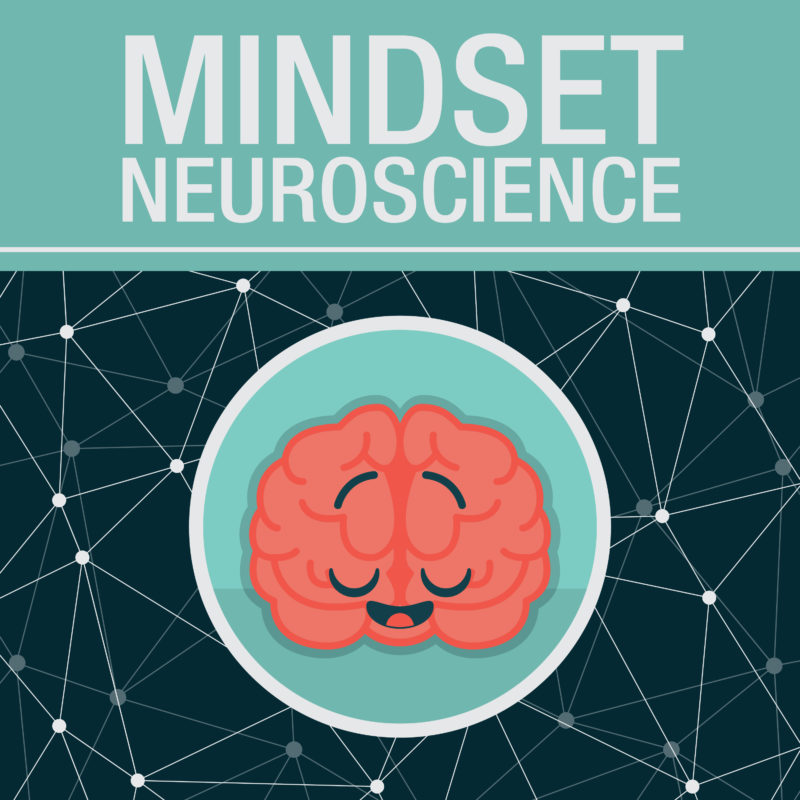
"A problem never exists in isolation; it is surrounded by other problems in space and time. The more of the context of a problem that a scientist can comprehend, the greater are his chances of finding a truly adequate solution."
-Russell L. Ackoff, Systems Theorist
How do we come to the conclusion that our way of attempting to solve a problem is the most effective way to solve it?
How do we integrate feelings and logic into our decision making?
The above questions are important for us to think about not only for bigger decisions that relate to safety and security, but also in terms of how we interact with others on a daily basis in our homes and communities.
Our belief that the strategy we are using to solve a problem is the best or only way to go about it can narrow our attentional focus and limit our repertoire of what is actually possible. What many of us don't realize is that many of the ways we react to challenges and attempt to navigate those challenges are influenced by the roles we play within the various hierarchies and social systems we are a part of. These roles can also be influenced significantly by our biology and level of physical vulnerability, and other forms of vulnerability that relate to our neural and behavioral resources, which are influenced by many overlapping systems and past experiences.
The things you notice and prioritize are part of your attentional bias. These biases are influenced by many factors, including your accumulated social experiences, level of executive functioning, and awareness of the fact that you have an attentional bias. AN example of an attentional bias would be noticing specific facial features that are more likely to indicate aggression, and interpreting a higher number of neutral expressions as aggressive or negative. These types of distortions are controlled by the eye muscles and where they direct our attention. And these micro movements are part of what can be called subcortical shortcuts - algorithms your brain-body uses based on past statistics and salient or highly emotional data you have gathered over time (particularly when you were young). These algorithms are a way of the brain-body system to be more efficient and allocate resources according to what it has already experienced.
The challenge is that we may misinterpret or narrow our focus onto aspects of a situation that then narrow our thought-action repertoire and problem-solving capacities.
In my interview with Gina Bennett,, we discuss some of these types of biases and and how we may be get better at finding powerful solutions by expanding who we include as potential sources of wisdom for solving problems
Gina Bennett is a former CIA counterintelligence expert and current adjunct professor at Georgetown University. Her mission is to include a wider diversity and range of perspectives, mindsets and types of intelligence into national security policy and decision making.

Please note that I’ll be taking July and August to work behind the scenes, finishing my book edits, some side projects and creating a series of short youtube videos to complement my book on the biomechanics and neuroscience of communication, attachment and systems thinking.
I’ll also be launching a 9-part seminar series this October, where we will meet one Tuesday evening per month until June and discuss various concepts from my book, engage in interactive and self-reflection exercises, and meet in small groups to build a sense of community with people who love to learn and talk about neuroscience and personal growth, societal evolution and relational wellbeing.
Early bird special! Sign up for one or all these workshops by July 28 and receive 10% off using this coupon code; SEMINARSERIES
Line-up of topics:
Seminar 1 Neuroplasticity and Early Childhood Experiences.
Seminar 2: Emotion Regulation and Regulatory Flexibility
Seminar 3: Attachment, Attunement and Affiliative Hormones
Seminar 4: Distortions in Communication and Cognition
Seminar 5: What are emotions? A look at appraisals and coping
Seminar 6: Face-Voice-Heart Connections. Frequencies and configurations.
Seminar 7: 'Use your words': How language helps us regulate
Seminar 8: Empathy and Social Understanding. How human minds understand intentions and internal states.
Seminar 9: Relational resilience: how to use neuroscience to build thriving families, partnerships and communities.
Sign up for one or all 🙂 Hope to see you there

